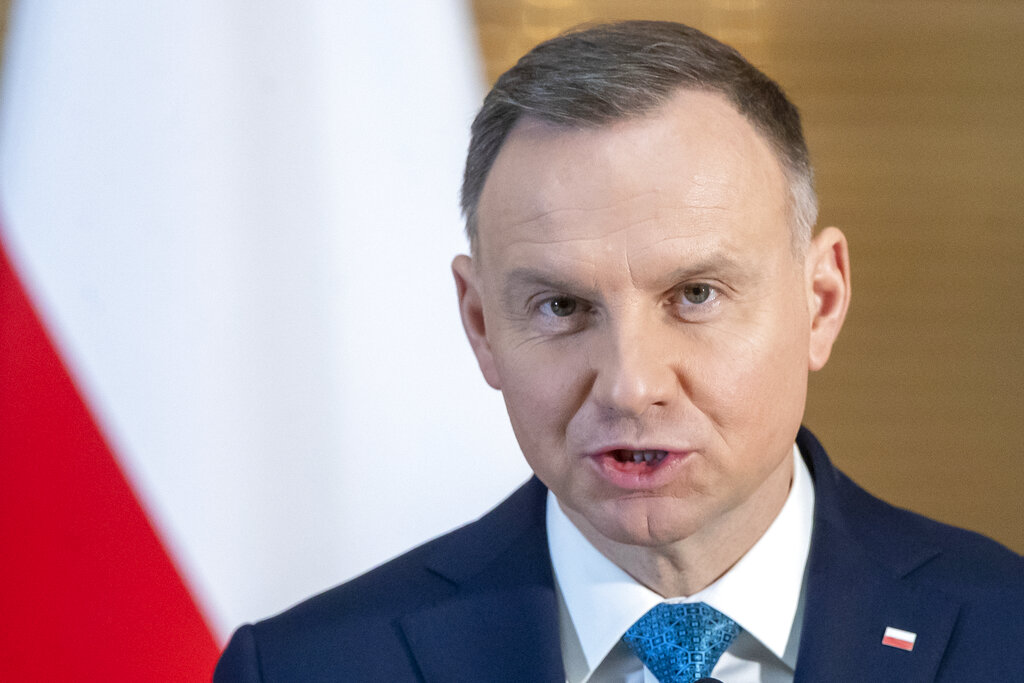Polish President Andrzej Duda’s nomination of Mateusz Morawiecki to form the new government has been a point of contention, stirring a mix of speculation and criticism, particularly from the opposition alliance of Civic Coalition, Third Way, and the Left.
They argue that Duda’s decision compromises Poland’s interests and delays necessary EU funding, while also alleging his subservience to Law and Justice (PiS) party leader Jarosław Kaczyński. These reactions mirror the frustration of an opposition that, despite having won a majority with the intent to govern, finds itself in a waiting game, albeit with the expectation of ultimately assuming power given the current political landscape.
President Duda’s affiliation with PiS, having been their presidential candidate in both the 2015 and 2019 elections and carrying forth their political agenda, is no secret. His actions have been largely in line with the party’s program, but to view him as merely a political puppet undermines his past decisions, such as the 2017 veto of PiS’s judicial reforms, which he deemed a threat to the separation of powers. This move contradicts the narrative of him being merely a figurehead.
Critics from within the coalition assert that by not appointing a prime minister from their ranks, Duda is acting to the detriment of Poland. However, from Duda’s and PiS’s perspective, the coalition’s ascent to power represents a potential risk to the nation’s future, an opinion that has been vocalized by the outgoing administration. In their view, accelerating the power transfer to a fundamentally opposed vision for Poland would be counterintuitive.
The rationale behind entrusting Morawiecki with forming the next government is also questioned given PiS’s failure to secure a post-election majority. The coalition claims to hold a majority, a fact that will be tested during the upcoming vote of confidence for the Morawiecki government. It’s crucial to note that President Duda is within his constitutional rights: The Polish Constitution does not specify who should be appointed as prime minister, and traditionally, the president offers this role to the party with the most votes, which currently is PiS.
Beyond these immediate political maneuvers, the president’s decision might be influenced by broader strategic considerations. Some speculate that the right-wing hopes for internal coalition differences to surface and potentially lead to its collapse. Although the coalition has shown unity in its quest for power, underlying disagreements, particularly on issues like abortion, have the potential to strain this unity once governance begins.
Additionally, the future of PiS is a potential factor in Duda’s decision-making. The leadership battle within PiS, especially if Jarosław Kaczyński were to retire from politics, is a significant subplot. Morawiecki, as a potential successor, could find his position weakened by the responsibility of forming a government under these complex circumstances. This could be part of a calculated move by Duda, looking toward a future beyond his presidency, possibly influencing the party’s direction or positioning himself within its leadership.
In summary, the reasons behind Duda’s nomination of Morawiecki are multifaceted and subject to various interpretations. While fascinating to dissect, caution is advised against hastily drawn conclusions or accusations.






